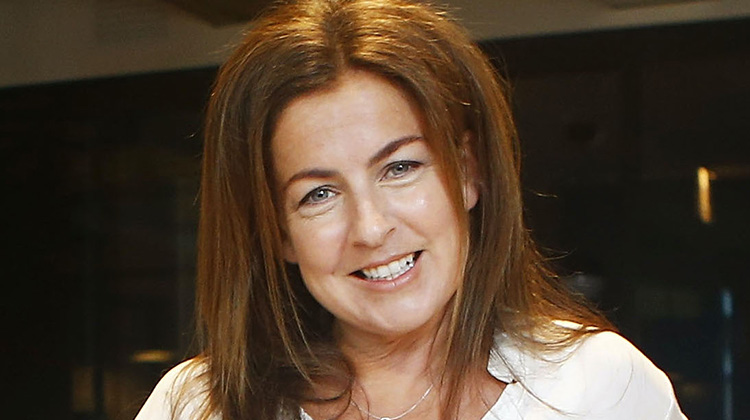Why Schools Should Start Talking to Students About Their Careers Earlier

It can be tempting to believe that career education need not start in earnest until students are reaching the end of school. The truth is, career ideas are shaped very young – younger than most adults think.
By putting students in the driving seat from an early age and giving them a sense of agency over their future, they’re far more likely to adapt to all the changes and surprises that life can throw their way.
The OECD clearly states that career guidance should begin well before age 15, adding that ‘students who explore, experience and think about their futures in work often experience lower levels of unemployment, receive higher wages and are happier in their careers as adults.’ This is true whether or not a student goes into tertiary education or leaves school to enter the labour market directly.
Students should be free to explore the world of work early, putting many ideas to the test as they grow and change as people. They can do this in a variety of ways, including accessing employers, hearing from a wide range of adults about real careers, visiting workplaces, being mentored, and shadowing people.
Here are some key dos and don’ts when it comes to tackling career education from an early age.
Support stories about careers
Every kid will have fantasies about what ‘future me’ does. Encourage lots of different stories about who this future person is. These stories can help students work out who they are and what motivates them, which can in turn give them clues about their future roles.
Give students the opportunity to question what success and happiness mean for them based on who they are, their strengths and their interests. In doing so, they disperse from pack thinking to individual and creative ideas about their life and who they might become.
Encourage creative curiosity
Use everyday experiences as a way to think creatively about careers. For example, if you’re watching a production that interests them – whether it’s football, the Oscars, or musical theatre – talk about all the roles and specialties that are behind the scenes.
A single experience might open up a child’s eyes to the roles of costume designers, lighting and set design and operation, PR companies, social media influencers, voice coaches, choreographers, theatre front-of-house, stage managers… the list goes on.
Without early experiences that open their eyes to a broad range of possibilities, students can find themselves making decisions for their future from a very limited view of what's possible.
Talk about change
Change and uncertainty are normal parts of every adult’s life. Don’t pretend upheavals won’t happen, adults should be open when talking about them. It can help to share your thought processes when you had to decide what to do next.
Explain that sometimes change is great, and sometimes it causes you to rethink. For example, being made redundant might sound terrible, but lots of people have started new careers after a redundancy as it frees them up to reassess their life direction.
It’s much better for children and younger teenagers to explore lots of career and job ideas and develop skills that will be useful regardless of what career area they go into. Changing your mind as you grow and learn is normal. It’s not failure, it just means you learned something.
Don’t let old regrets or media myths drive what you expect young people to do
It’s easy to accidentally let personal biases slip into conversations about careers. Don’t try to tell young people ‘the answer’. Instead, help them to get the skills of self-knowledge and research to be able to find out for themselves.
If you believe that university was the right choice for you, try to remember that this isn’t the case for everyone. If you favour more ‘traditional’ career paths, don’t turn your nose up if a student tells you they want to become a YouTuber or a fashion influencer.
There is more than one definition of success, and every young person should have the opportunity to consider what makes their life well lived or not. This will change throughout their lives, so try your best not to hold them to any particular view. Young people are complex, and each person comes with their own view of the world and preconceptions about where they might or might not fit into it.
Being excited about their future will positively impact the decisions and choices students make every day of school. It’s a critical driver of engagement with their schoolwork, helping give them a clear why when they’re slogging through a learning task that challenges them. This sense of purpose will help sustain them throughout their school lives, so the earlier they can start exploring, the better.
Image by Gustavo Thring